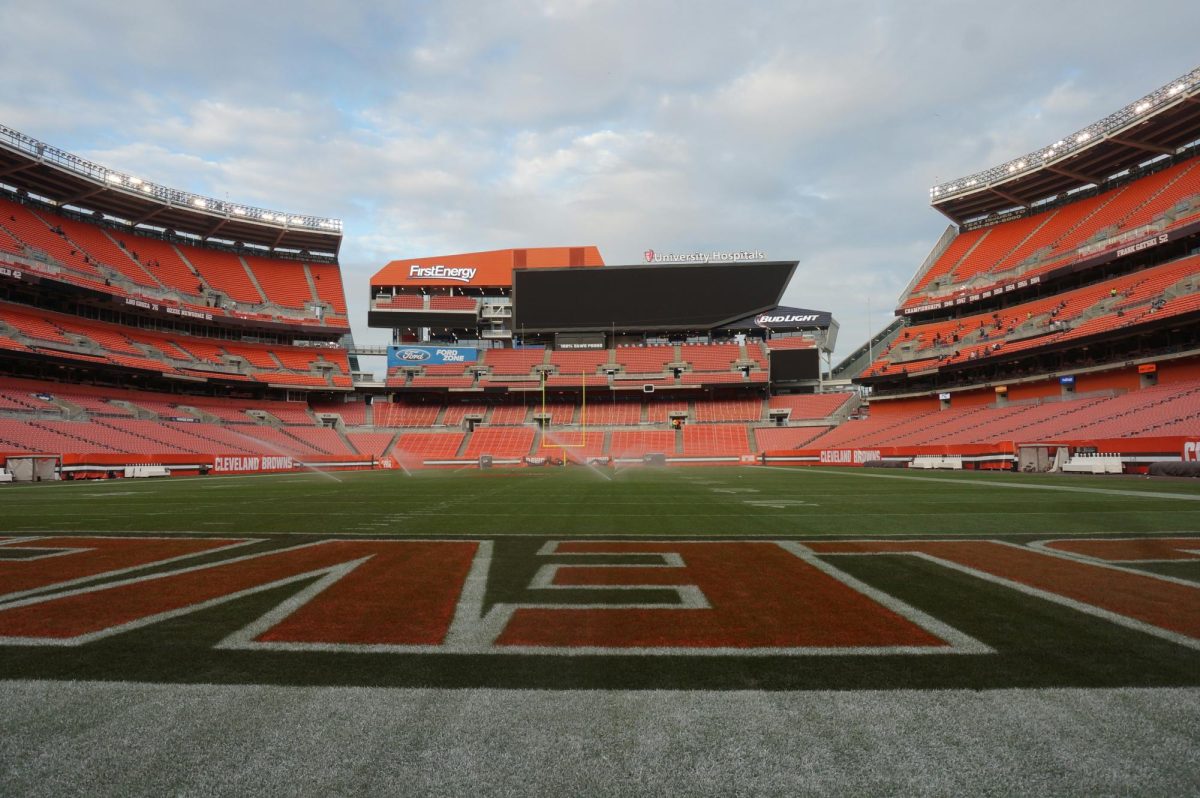2025 came before we ever saw it coming. The chilly winter air that blew 2024 to a close sent New Year’s Eve festivities into motion before the clock struck twelve on December 31st. It was a good year, 2024. It had its ups and downs like any other season, but the anticipation for a fresh start in 2025 left Dover High School in a buzz in the few short weeks of December before winter break. In the midst of the excitement, we hardly had time to enjoy the final days before the calendar flipped to January which in turn gave people a fresh start for the year. The midwinter snow flurries seemed to almost cover the exhaustion and stress of previous years with a determination to begin anew.
With this fresh start, many people set out to write New Year’s Resolutions for themselves in the hopes that they can improve their lives in the new year. Many people decide they are going to exercise more, save their money, diet, or learn a new skill or hobby at the beginning of the year in an effort to balance out a certain area of life they feel they need to work on. So many people thrive in these first few weeks of the new year, that is, until the change and excitement of a new routine wears off and people struggle to keep up with the lofty goals they set for themselves. In fact, according to The Ohio State University, only around 9% of Americans who make resolutions actually stick with them. Resolutions rarely last, and it makes me wonder why people even bother making them each year if they know they will not stick with them. Reflecting on these thoughts, I discovered that the problem was not necessarily with the resolutions themselves, but more with why we are making them.
The first question I always get asked after January first is, have you made your New Year’s resolution yet? The popularity of this practice has made the “New Year’s resolution” blend into our culture almost as much as setting off fireworks on the fourth of July; it is just seen as something we should do each year. This resolution peer-pressure has caused many people to make the same mistake of creating an empty promise to themselves that they never planned on keeping in the first place. Now, don’t get me wrong, there are people who really and truly do try to make resolutions they can keep, but the vast majority of people just do not have the time to worry about their resolutions after a while. Personal goals are supposed to be meaningful and attainable, but these half-baked aspirations tend to take the joy out of pursuing a goal.
I propose that we as a society take a step back and analyze the place New Year’s resolutions have in society. Although it may seem as if I want to get rid of this tradition, my intention is quite the opposite. Instead of setting unattainable expectations for ourselves and coming up short, I believe New Year’s resolutions should be made with a purpose. It is my hope that the connotation associated with New Year’s resolutions would shift from being the empty promises they currently are into meaningful, attainable goals that people can work toward with the help of their friends and loved ones.








